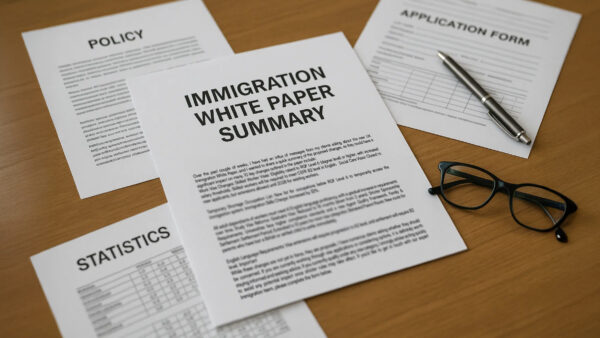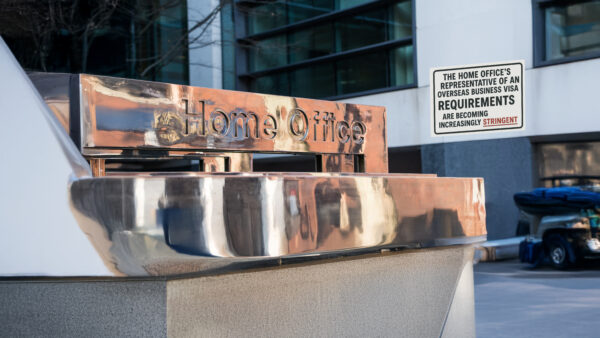The 2024/25 tax year has just come to a close, which means the window is now open to submit that year’s tax returns.
If you have been investing in cryptoassets, you need to think carefully about whether you have a tax liability, and whether you need to submit a tax return. Now would be a good time to review our previous guidance on cryptoasset taxation.
Hopefully you have some big gains to report. However, sometimes you win, and sometimes you lose. Not every year is necessarily going to be a success: sometimes you may find that your losses in a tax year outweigh your gains.
While no-one enjoys losses, there is one silver lining, as you can carry them forward to future years. This means that when (hopefully) you make gains in the future, you will be able to offset these losses, and so reduce your Capital Gains Tax bill.
However, there is a catch, as you can only make use of losses that you have reported to HMRC within four years of the end of the tax year in which they arose. If you fail to tell HMRC about them within this period, then they are simply wasted.
You can of course report losses within a tax return, but if you are not required to submit a tax return for the relevant tax year, you can still simply write to HMRC to claim the losses. They will then be available to carry forward indefinitely until you have capital gains to offset them against.
For example, after a bad year of cryptoasset investments you might find yourself with net losses of £100,000. Then, in a future year, you might end up with net gains of £200,000. Provided you remembered to claim the losses in time, you can offset the loss, which (at a top Capital Gains Tax rate of 24%) will save you £24,000 in tax.
It’s not just your actual losses that can be claimed. If you have tokens that have become worthless, or if you have lost one of your keys, you may be able to put in a negligible value claim, which generates a loss as though you had sold the token for a nil value.
The cryptoasset experts in the Private Wealth & Tax team at Quastels can help with these issues. They are able to calculate your income and gains (or losses) and can assist in reporting this to HMRC. They can also provide advice on tax and estate planning with cryptoassets, as well as advising on the law regarding digital assets and digital estate planning generally.









